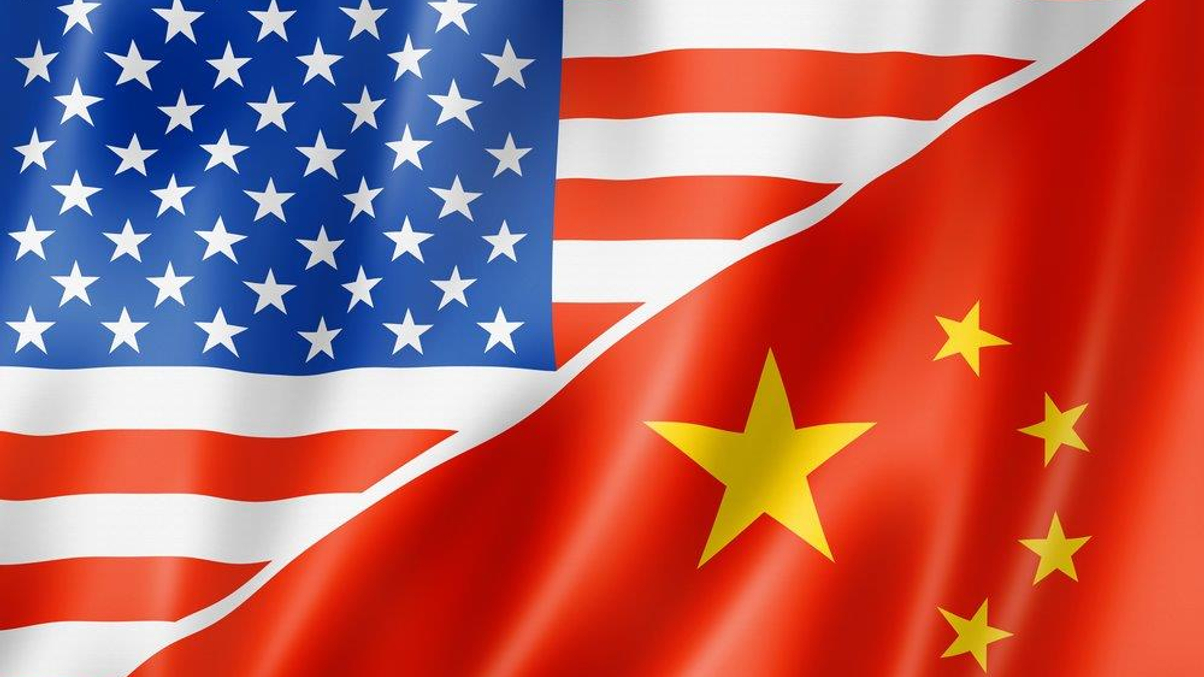China tipped to sign Fatca agreement by July
Despite initial pushback, China would seem to have little choice but to comply with the US’s far-reaching tax laws come next summer, say industry observers.

China is thought to be ready to sign an agreement under the US’s Foreign Account Tax Compliance Act (Fatca) after an initial backlash from mainland authorities.
Sign in to read on!
Registered users get 2 free articles in 30 days.
Subscribers have full unlimited access to AsianInvestor
Not signed up? New users get 2 free articles per month, plus a 7-day unlimited free trial.
¬ Haymarket Media Limited. All rights reserved.


